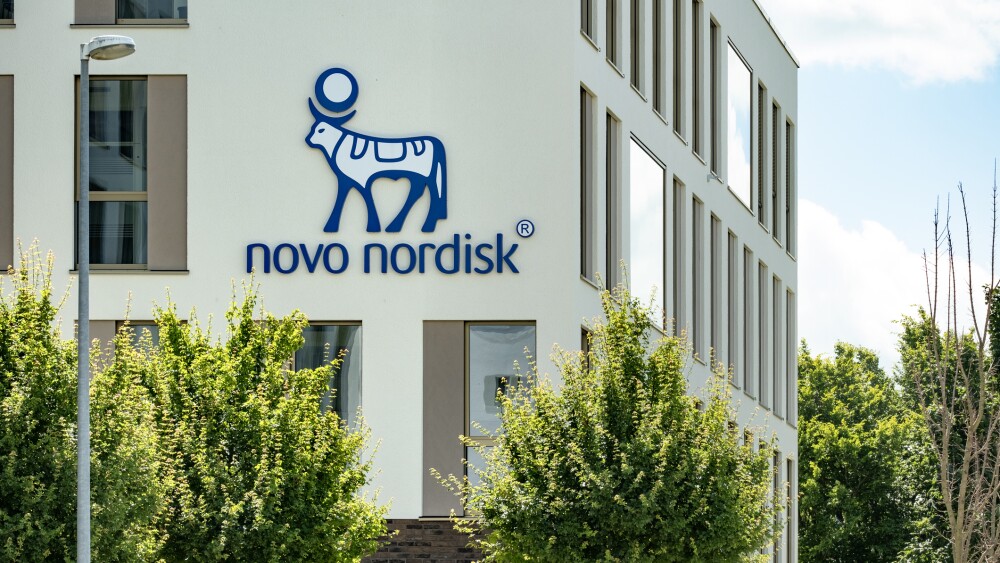Research efforts will focus on underserved medical needs, particularly where market factors and regulatory concerns may prevent medical device companies from investing in high risk innovations. Projects already underway include improved surgical devices for newborns, enhanced surgical endoscopic tools with increased dexterity, and a viable alternative to sutures using robotic instruments.
MISTRAL is led by co-founders Pablo Garcia and Sanjeev Dutta, MD. Garcia also leads research in medical systems and medical product development, telemedicine and robotic surgery at SRI International. Dutta is a nationally recognized leader in minimal-access surgery and defined the area of stealth surgery, a "scarless" approach to pediatric operations. He is associate professor of surgery and of pediatrics at the Stanford University School of Medicine and attending surgeon at Lucile Packard Children's Hospital at Stanford.
"There is a growing need for innovation in the medical device industry, especially for underserved groups such as newborns and children," said Dutta. "The MISTRAL Collaborative, through the broad clinical, engineering, and commercialization resources of our member institutions, hopes to catalyze breakthrough device development by performing the initial R&D, partnering with industry, and identifying paths to market for badly-needed pediatric medical devices."
"Through close collaboration with surgeons, engineers, and other key stakeholders, we hope to create a sustainable program that will improve patient care through innovative and cost effective technologies," said Pablo Garcia, an SRI principal engineer. "SRI's proven approach to technology innovation, biosciences research, and commercialization, combined with Stanford's renowned clinical care research, particularly through the strong emphasis on pediatric medical care at Lucile Packard Children's Hospital at Stanford, will foster hands-on development of products addressing important market needs."
The MISTRAL Collaborative is organized in working groups comprised of technical staff from SRI, physicians and medical staff from Stanford and Packard Children's, consultants, and industry professionals brought together to address a specialty area. Interdisciplinary collaboration between engineers and surgeons will help develop needed devices and accelerate the bench-to-bedside translational process.
The business development function will play a key role in defining the market approach for each device and will create initial business plans during the early stages of development. Once a plan is defined, the team will explore opportunities for financial viability and support. The consortium will maintain an active network of venture capitalists and investors with a record and interest in medical devices. A key feature will be the formation of a Pediatric Device Fund, a venture-philanthropic approach to support the development of products that do not have sufficient market pull, but that would provide significant clinical benefits if brought to the market.
About Lucile Packard Children's Hospital
Ranked as one of the nation's best pediatric hospitals by U.S.News & World Report, Lucile Packard Children's Hospital at Stanford is a 312-bed hospital devoted to the care of children and expectant mothers. Providing pediatric and obstetric medical and surgical services and associated with the Stanford University School of Medicine, Packard Children's offers patients locally, regionally and nationally the full range of health care programs and services, from preventive and routine care to the diagnosis and treatment of serious illness and injury. For more information, visit www.lpch.org.
About SRI International
Silicon Valley-based SRI International is one of the world's leading independent research and technology development organizations. SRI, which was founded by Stanford University as Stanford Research Institute in 1946 and became independent in 1970, has been meeting the strategic needs of clients and partners for more than 60 years. Perhaps best known for its invention of the computer mouse and interactive computing, SRI has also been responsible for major advances in networking and communications, robotics, drug discovery and development, advanced materials, atmospheric research, education research, economic development, national security, and more. The nonprofit institute performs sponsored research and development for government agencies, businesses, and foundations. SRI also licenses its technologies, forms strategic alliances, and creates spin-off companies. In 2009, SRI's consolidated revenues, including its wholly owned for-profit subsidiary, Sarnoff Corporation, were approximately $470 million.
SOURCE SRI International




